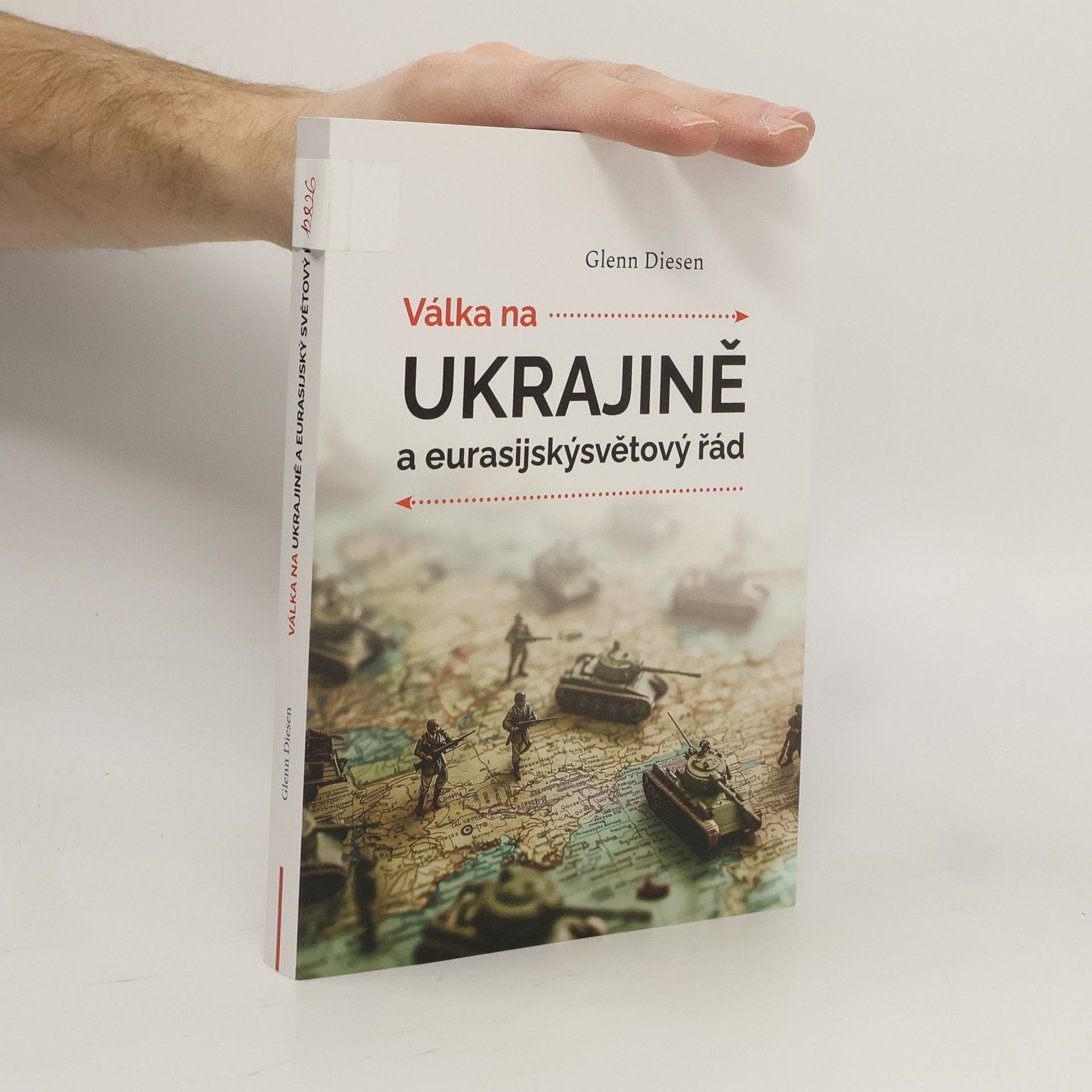The book offers a comprehensive analysis of how Conservatism has evolved from the nineteenth century to modern-day Russia. It explores the historical context, key figures, and ideological shifts that have shaped conservative thought and practices throughout this period. By examining political movements and societal changes, the text highlights the complexities and nuances of Conservatism in Russia, providing readers with a deeper understanding of its impact on the country's political landscape.
Dr. Glenn Diesen Livres






The book examines the impact of the EU and NATO on Russian security following the Soviet Union's collapse, analyzing whether these institutions exacerbate or alleviate tensions with Russia. Glenn Diesen presents two competing theories, ultimately arguing that a European security framework that sidelines Russia leads to a zero-sum geopolitical scenario, positioning European integration as a catalyst for conflict with Russia. This exploration delves into the intricate dynamics of international relations and security dilemmas in post-Cold War Europe.
The book explores Russophobia, characterizing it as an irrational fear of Russia that has been perpetuated through Western propaganda. It examines the historical portrayal of Russia as the "Other," contrasting it with Western ideals, particularly during the Cold War. The narrative highlights how propaganda simplifies complex geopolitical relations into binary oppositions, fostering contempt and fear. While it can unite and mobilize, propaganda also risks irrational decision-making, complicating the pursuit of peace and understanding between cultures.
Great Power Politics in the Fourth Industrial Revolution
The Geoeconomics of Technological Sovereignty
- 268pages
- 10 heures de lecture
Exploring the intersection of technology and geopolitics, the book examines the implications of the fourth industrial revolution on great power dynamics. Glenn Diesen employs a neoclassical approach to analyze the influence of AI, technological ecosystems, and cyber-warfare on international relations over the next century. He argues that the dependence on technological advancements necessitates significant state intervention in both economies and citizens' lives, as automation transforms future economic landscapes.
Europe as the Western Peninsula of Greater Eurasia
Geoeconomic Regions in a Multipolar World
- 254pages
- 9 heures de lecture
The book explores the implications of Russian-Chinese collaboration in building a Greater Eurasia on the European Union as a geoeconomic entity. It delves into the geopolitical dynamics and economic strategies involved, analyzing how this partnership may reshape the EU's influence and relationships within the region. The study offers insights into the potential challenges and opportunities for the EU in navigating this evolving geopolitical landscape.
The Decay of Western Civilisation and Resurgence of Russia
Between Gemeinschaft and Gesellschaft
- 218pages
- 8 heures de lecture
Focusing on the dynamics between Western and Russian civilizations, the book examines the interplay of cooperation and competition. It delves into the emergence of anti-establishment political movements that challenge the international liberal order while advocating for stronger ties with Russia. Through this lens, the author highlights the complexities of geopolitical relationships and the evolving landscape of global politics.
Válka na Ukrajině a eurasijský světový řád
- 328pages
- 12 heures de lecture
Norský profesor Glenn Diesen ve své knize Válka na Ukrajině a eurasijský světový řád nabízí alternativní pohled na konflikt, který se zásadně liší od dominantních narativů západních politiků a médií. Podle něj válka nevypukla jako nevyprovokovaná ruská agresivita, ale byla vyprovokována agresivní politikou USA, která usiluje o oslabení jakékoli mocnosti představující hrozbu pro její globální dominanci. Diesen zasazuje události do širšího historického kontextu přechodu od americké liberální hegemonie k multipolárnímu uspořádání. V úvodních kapitolách se zaměřuje na mezinárodní řád a jeho proměny v čase, vycházející z politického realismu, který klade důraz na rozložení moci. Moc může být buď rozptýlena mezi více hráčů, nebo soustředěna v rukou jednoho dominantního. Dnes se nacházíme na prahu multipolarity, kde vedle USA hrají klíčové role i země jako Čína, Indie, Rusko či Brazílie. Diesenova kniha se vyznačuje nejen shrnutím konfliktu na Ukrajině, ale i analýzou změn světového řádu. Autor racionálně hodnotí fakta, která jsou často ignorována nebo cenzurována. Čtenářům nabízí možnost nahlédnout do skutečné podstaty mezinárodní politiky a výzev, kterým čelí Evropa, pokud její vlády nezmění svou zahraniční politiku.
